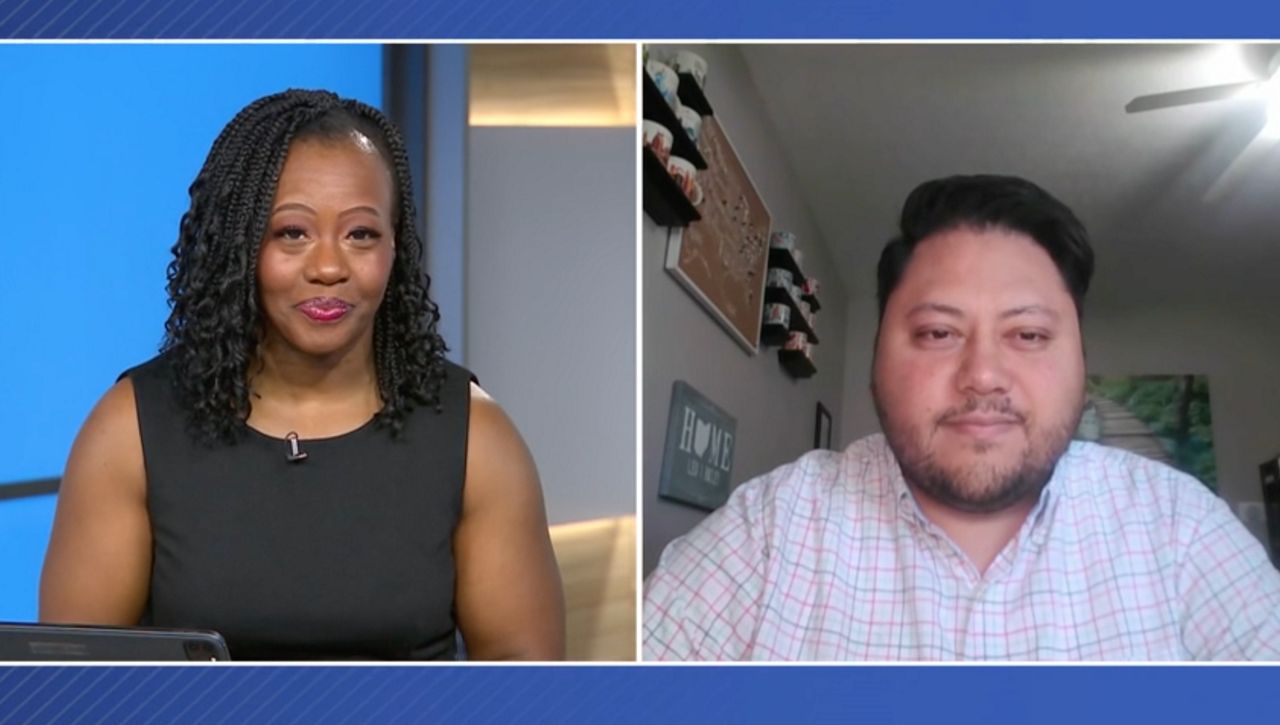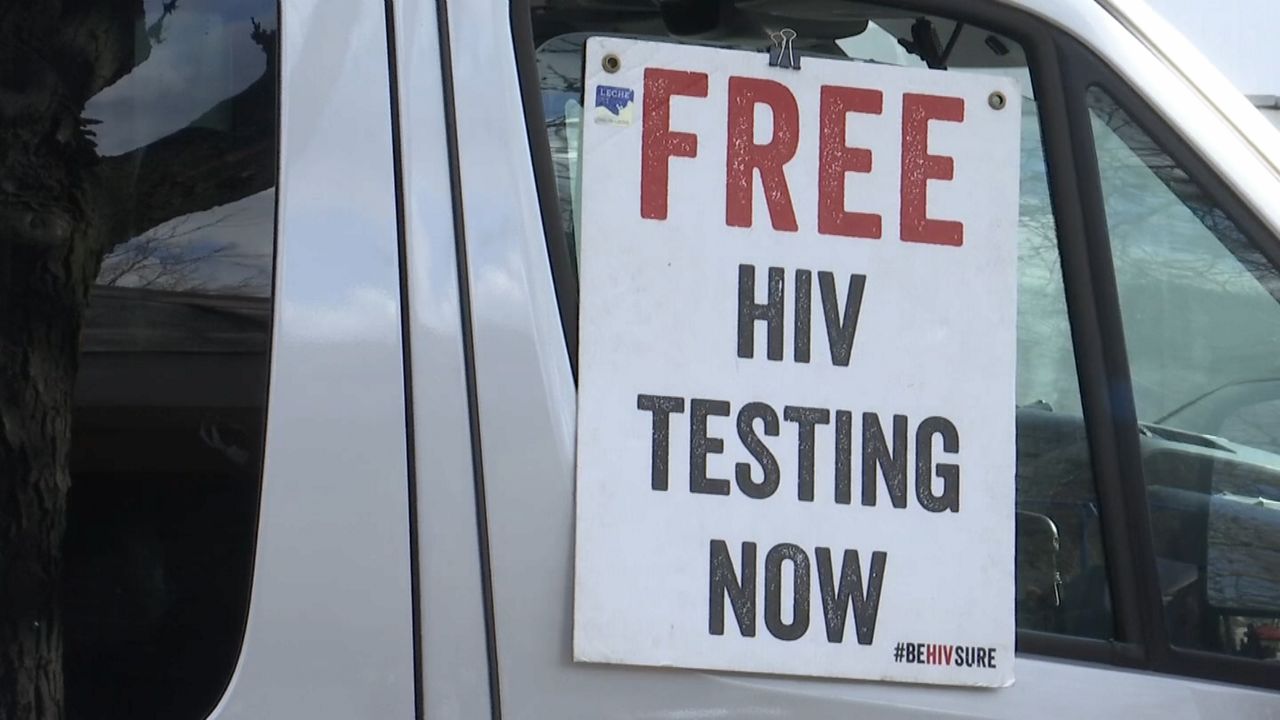OHIO — Trauma informed care focuses on what happened to you, and so does yoga. Yoga’s about finding an inventory of your day and figuring out how you can de-stress and build up resilience to trauma.
You don’t have to go to a yoga studio and wear a bunch of yoga clothes to unlock those benefits. You can do it in your home or office.
Megan Davis is used to bringing trauma informed care to those who need it most—those who can’t get to a yoga studio for regular sessions.
Davis is executive director of Zenworks Yoga. The nonprofit makes trauma informed yoga accessible to children and adults. Davis wants everyone to know that yoga can lead to trauma resilience: with no mat required.
Davis took Spectrum News through a series of poses anyone can do, just about anywhere, and at anytime.
“There’s nothing required of you but to show up. With curiosity and willingness and an open mind and heart.”
Since people encounter different kinds of trauma, it’s important to know that yoga offers healing across experiences. According to Davis, “it’s actually a life skill and something that you can practice and own as part of your, you know, your healing journey.”
You don’t need an entire class session to unlock yoga’s benefits.
David said, “healing can happen in tiny doses. Little micro doses. Thirty seconds here, a minute here. So, it doesn’t have to be that you set aside a whole hour out of your day to go ‘do yoga.’”
Zenworks' instructors must complete a 200-hour certification. That doesn't inlcude 15 hours of integrating trauma informed care they add into their teaching. Davis showed Spectrum News some of the easy moves people can do at anytime.
“Just some simple neck stretches. And doing it mindfully, so noticing how does this feel? What might happen if I turn my gaze down past the shoulder?” she explained.
Davis and her colleagues offer their classes to schools and community organizations. Zenworks receives financial report through grants.
“You might slide your foot below the knee or even up above the knee," she explained.
Davis then explained what yogis call a “tree pose.” This pose can represent the growth we find through trauma informed care.
“Starting with a minute a day. Thirty seconds. One to two minutes every day. Take a moment. Sit down on the ground, sit down in nature," she said.









